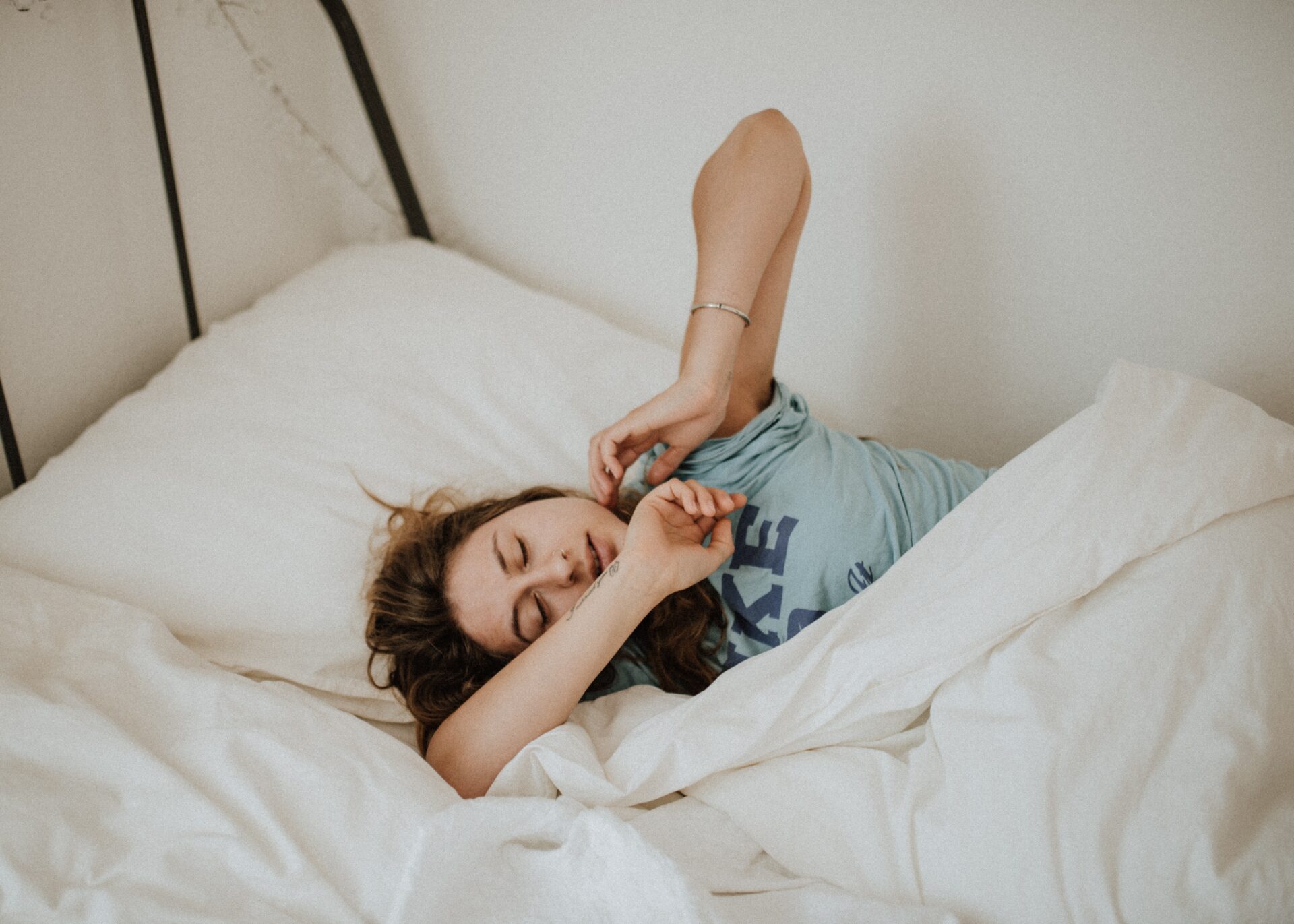
The Impact of Limited Sleep
This is a guest blog by Online Student Representative, Zoe Elleyn from the UNE Student Consultative Committee.
Dr Mary McMillan is a Senior Lecturer in Biomedical Science. She is also the Course Coordinator for the Diploma of Science, and the Bachelor of Scientific Studies, and the School of Science & Technology first year learning and teaching coordinator. Mary knows all to well that most university students are guilty of the occasional ‘all-nighter’, but how detrimental can limited sleep be? We recently spoke with Mary about what happens when we sleep and when we don’t get enough sleep.
Mary, could you outline what sleep is for and why it is important?
Despite the fact that we spend about a third of our lives asleep, we still don’t really know much about what sleep is and what’s happening when we do it! What we do know is that it is vital – if we stay awake too long we end up with reduced cognitive abilities and memory, mood swings and, if we stay awake long enough, even hallucinations. There are different theories about why we sleep, and most revolve around giving our brains a chance to replenish energy, remove toxins, and helping to strengthen synaptic connections – the connections between our neurons.
What is the ideal amount of sleep a night and do some people just need less/more sleep than others?
How active we are, whether we have underlying medical conditions, fluctuations in hormones and even our genetics might influence how much sleep we need. Babies, for example, can sleep between 12-16 hours a day, while for teenagers it’s somewhere between 8-10 hours.
Most healthy adults seem to work best on between 7-9 hours of sleep a day, while older adults will start to sleep a bit less.
There’s quite a bit of natural variation in how much sleep each individual needs. While the number of hours might vary from person to person, a simple rule of thumb to follow is that you should feel well rested when you wake up.
You were once a student, what are some of your own personal tips when it comes to making sure we get good sleep as students?
For me it’s important to be organised, and make sure I leave enough time to get everything done. I also think it’s important to say ‘no’ to some things and keep your commitments at a manageable level. Taking on too much leaves us stressed, which can affect our sleep. I also really recommend talking about problems and issues that you might be having is really important – when we keep everything bundled up inside the stress and anxiety really does impact our sleep. Finally, while having a social life is important, maybe have a think about the timing of social events so you can try to get to bed a little earlier – your brain will thank you for it!
Support is never far away for UNE students, if you need someone to talk to you can reach out to our support services. Our team at Advocacy and Welfare offers confidential support to students! Contact us here.
Student Success also has confidential counselling for students, you can find them here.
Lifeline is also a 24/7 hotline and you can call them on 13 11 14


